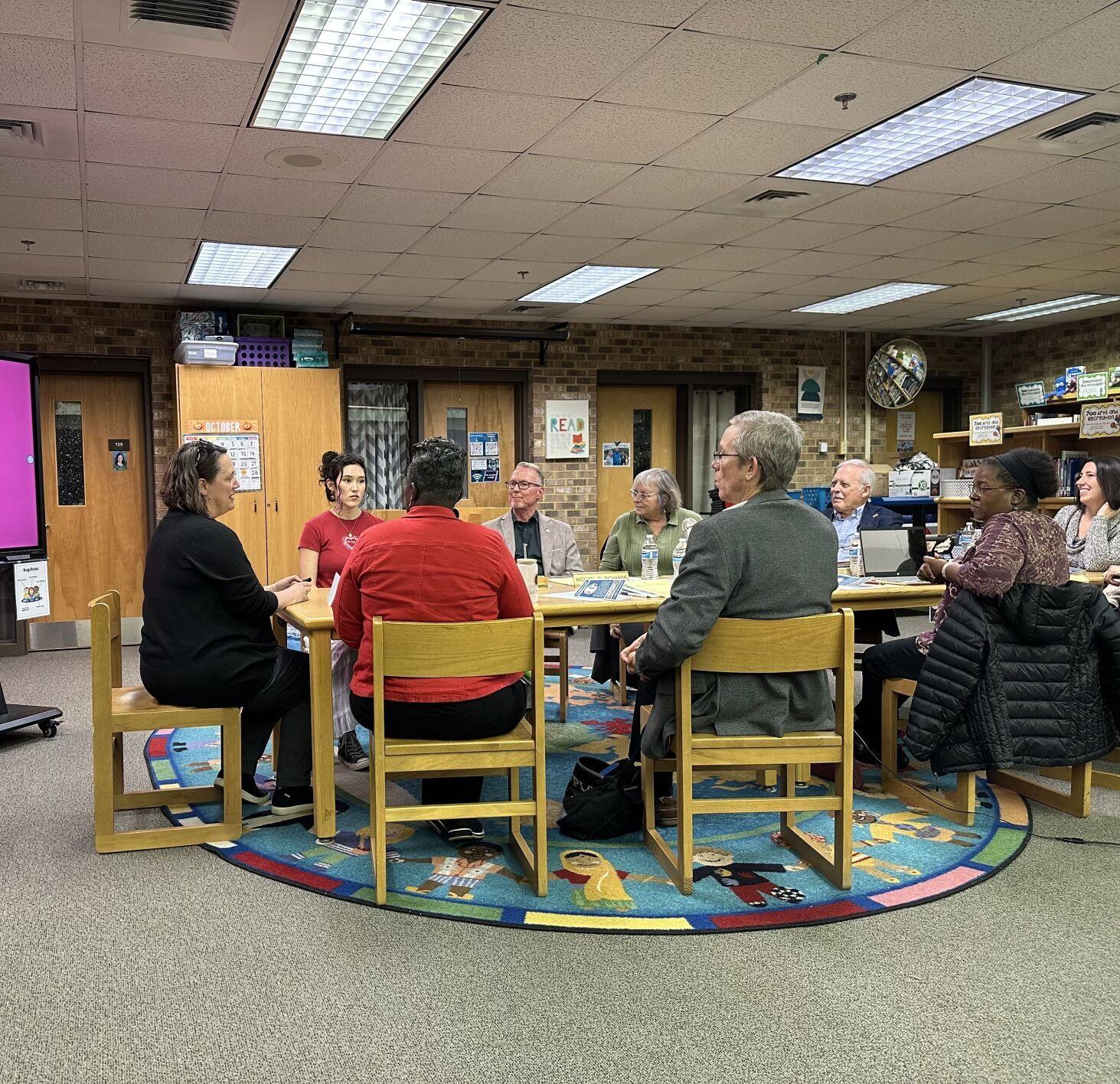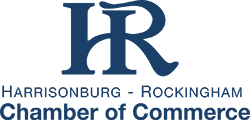Harrisonburg City School Board Discusses Funding, Legislative Priorities
Harrisonburg City School Board Discusses Funding, Legislative Priorities

Harrisonburg City Public Schools finally got an update on what it will be receiving thanks to recent state budget amendments, an explanation of the process and updates as well as legislative priorities, at Tuesday night's school board meeting.
Funding update
HCPS received specific numbers on how the latest budget amendments from the General Assembly will be impacting the school division later last week, allowing the board to discuss the numbers and process of receiving the money.
The Virginia Department of Education provides school divisions with a “calc sheet” that provides specific funding numbers for school districts. Superintendent Michael Richards said the numbers can be adjusted based on enrollment, so the numbers may shift slightly later.
Chief Financial Officer Tracey Shaver said the calc sheet confirmed the estimates in funding the division had made. According to the VDOE worksheet, HCPS will receive about $66.2 million in funding from this state for fiscal year 2024 — an increase of approximately $4.5 million from 2023’s funding.
The budget amendments included funding for a 2% salary increase, increasing support positions and flexible funds to address learning loss.
According to the VDOE worksheet, the funding for salary — including the 2% increase — for HCPS will go up by around $2.2 million from last year. The 2% increase for teachers is in addition to a 5% increase that occurred effective July 1, 2023.
The state also lowered the support cap on support positions, shifting from 21 support positions per 1,000 students to 24. Shaver said this increases the funding from the state substantially. HCPS currently had 228 support positions, with the state only funding about 134 of those positions. The new cap means the state will now fund 154 of those positions — an addition of about $960,000, Shaver said.
The biggest pot of money is “ALL IN Funding,” three-year flexible funding to address learning loss, implementing the Virginia Literacy Act, chronic absenteeism and operations and infrastructure. HCPS will receive $3.55 million in this flexible funding. The division will receive all of the money this year but will have to send a spending plan to the state to be approved prior to receiving the money.
Shaver said there are several schools that he knows of that have submitted their spending plans, all of which were approved. The VDOE was also pushing school divisions to spend 70% of the flexible funding on tutoring, but after divisions who tried tutoring and it didn’t work like HCPS, it’s become more flexible
Multi-year funding isn’t a common occurrence for school divisions, Richards said, districts normally spend all the money or return it. Shaver said there are plans to talk with the city on how to navigate the three-year funds.
To approve the additional funding, Shaver said they’ll first meet with city staff to discuss logistics, bring the spending plan to the school board for approval then bring it to the Harrisonburg City Council to ask for a supplemental appropriation.
Legislative program
The board approved the school system’s legislative program — pending a few changes to be addressed by the board’s legislative committee.
Superintendent Michael Richards and Abby Lane, a legislative intern, introduced the legislative program, which is a plan that “speaks to what we feel the General Assembly … could do to support our work,” Richards said.
Lane, a JMU student interning with HCPS, created a brochure covering the legislative program in three sections: legislative action items, policy positions and priorities.
Action items include increasing access and quality of school meals and nutrition programs, removing the support position support cap, increasing teacher pay and supporting English Language Learners.
Policy positions inlcude things like allowing for local control over school divisions, mental health support and rethinking Virginia school funding.
Priorities were hiring a talented and diverse staff and increasing cooperation with residential health facilities.
Richards said Lane, HCPS and Del. Tony Wilt have been developing a bill to address cooperation with residential facilities already, to help students with significant behavioral challenges.
Richards said these behavioral challenges sometimes lead to risks for other students, which in turn has a residential facility having the student live in the facility, go through therapy and other programs to hopefully be reintegrated into a school community. Sometimes facilities will release students without notifying the school, and the student will return without the school division knowing how it can support the student.
“It's not good for the student. It's not good for the schools. And the parents as well — guardians, as well — have expressed to us that they'd like to see a more rational system here,” Richards said.
This push is to have a law to create a better relationship with facilities to provide the student with more support.
Chair Deb Fitzgerald said a new addition to the discussion was Artificial Intelligence,
Board member Tom Domonoske proposed adding additional information about the district for legislators who aren’t from the area. Several board members agreed that the brochure should highlight the diversity of HCPS.
The next Harrisonburg School Board meeting is scheduled for Nov. 9 at 7 p.m.

